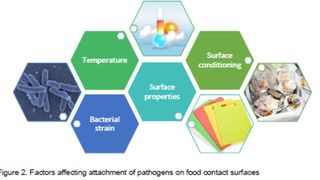EDUCATION & SKILLS ›
Monitoring the antimicrobial and antibiofilm potential of surface nano-coatings against pathogenic microorganisms

YEAR
2015
PROGRAMME
GRANTS
EDUCATION & SKILLS

Training Programme for Educators: “Teaching for the Future”
The Heritage Management Organization (HERITΛGE)

Paramedics Training and Education Lab
SCHOOL OF HIGHER VOCATIONAL EDUCATION OF ARGOS

Educational Programmes & Workshops
Alekos Fassianos NPO

Postgraduate Scholarships Programme 2023-2024

“Latsis Foundation Study Abroad Scholarships” Programme 2022-2023
The American College of Greece

“STEAMing the Future” Programme
Anatolia College

“Skills Clubs | Youth Skills for the 21st Century” Programme 2023
British Council Greece

“Company Junior” and “V-Company” Programmes
Junior Achievement Greece

“Future Leaders Series” Programme 2023
ALBA Graduate Business School

“STEM Without Tag” Programme
Network for Children's Rights

“Innovative Classrooms” Teacher Training Programme
“THE INVENTORS” ROBOTICS AND INNOVATION ACADEMY OF VARI – VOULA – VOULIAGMENI

Educational Visits to the “Ocean Lab” Educational Space
Safe Water Sports

“Empowering Vocational Education Students” Programme 2023
NPO The Tipping Point

Training Programme for Secondary Education Teachers 2023
CERN & Society Foundation

“Skills4Jobs” Training and Employment Initiative
Hellenic Federation of Enterprises (SEV)

“DigiYouth Initiative 4.0” Programme
Regeneration

“You Have a Second Chance” Social Integration Programme of Returning Citizens Former Drug Users and Vocational Training Programmes
ODYSSEA
